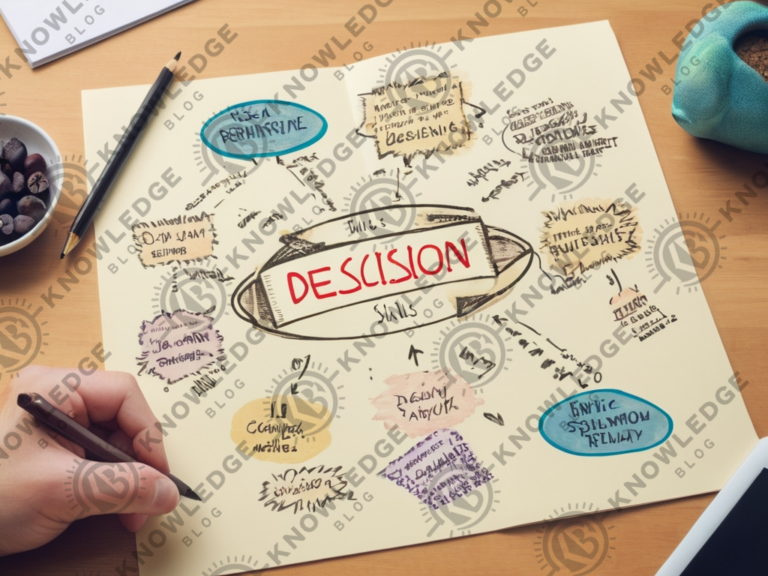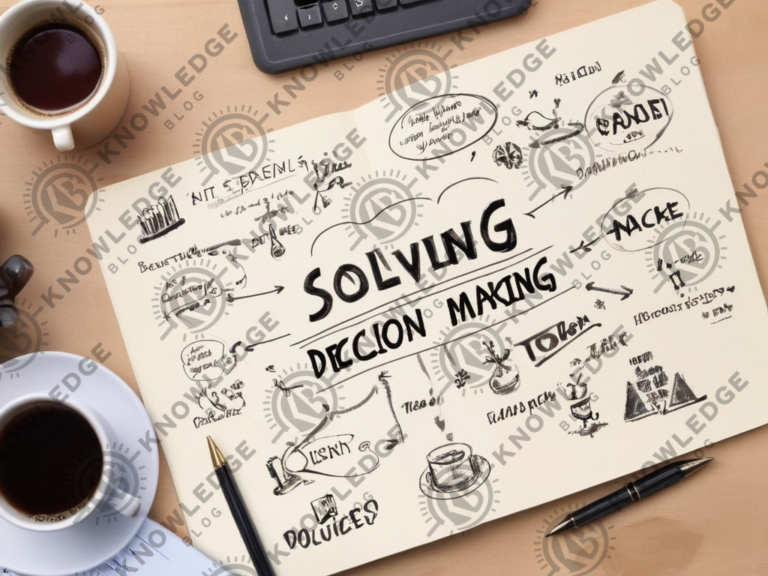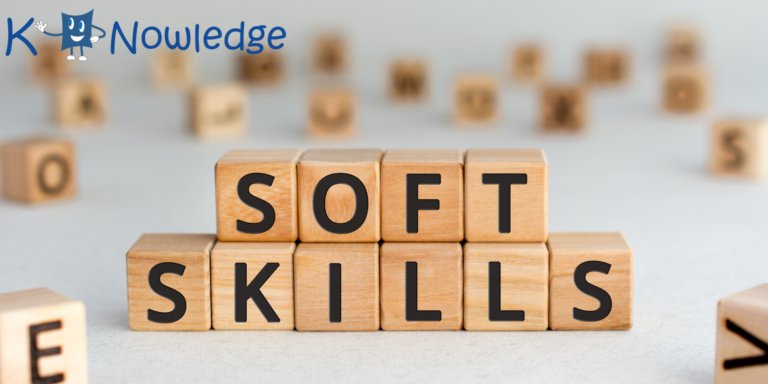How to Gain Effective Communication Skills

Effective communication skills are the cornerstone of successful interactions in both personal and professional spheres.
They include the skills to communicate information effectively, engage in active listening, interpret non-verbal signals, and react suitably across different situations.
As such, mastering the art of communication is a lifelong endeavor that can enhance one’s quality of life and contribute to achieving broader societal goals.
Meaning of Effective Communication Skills
Effective communication skills refer to the ability to convey information to others in a clear, concise, and understandable manner, ensuring that the intended message is received and understood as intended.
These skills encompass a range of methods and strategies, both verbal and non-verbal, tailored to fit the context and audience. Effective communication is pivotal in various aspects of life, including personal relationships, education, and professional environments.
What Are the Effective Communication Skills
Effective communication skills are essential tools that help individuals convey their messages clearly, understand others better.
These skills can be broadly categorized into several key areas:
- Listening: Active listening involves paying full attention to the speaker, understanding their message, responding appropriately, and remembering the information.
- Speaking: This includes the ability to articulate ideas clearly, using simple and precise language, tailoring your message for your audience, and employing a tone that matches the context of the conversation.
- Non-Verbal Communication: Body language, facial expressions, gestures, eye contact, and tone of voice play a significant role in conveying messages and emotions.
- Clarity and Concision: Being able to express ideas in a straightforward and succinct manner without unnecessary jargon or complexity ensures that the message is easily understood by the audience.
- Empathy: Understanding and sharing the feelings of others is crucial for effective communication. Empathy involves listening to understand someone’s perspective and responding with compassion.
- Feedback: Providing constructive feedback, as well as being open to receiving feedback, is vital for growth and improvement. Effective feedback is specific, actionable, and delivered in a supportive manner.
- Confidence: Expressing oneself confidently, in a manner that is assertive but not aggressive, helps in persuading and motivating others, as well as in establishing trust and credibility.
- Questioning asking questions can clarify understanding, encourage exploration, and foster deeper engagement. Effective communicators use open-ended questions to elicit comprehensive responses and closed-ended questions for specific information.
- Conflict Resolution: The ability to address disagreements or misunderstandings in a constructive manner is crucial. This involves listening to all sides, identifying common ground, and negotiating solutions.
Developing these skills involves practice and a willingness to assess and improve one’s communication habits continuously. Effective communication can lead to improved relationships, enhanced Problem Solving and Decision Making in various aspects of life.
Benefits of Communication Skills
Effective communication skills offer a wide range of benefits that can enhance your personal, professional, and social life.
Here are some of the key advantages:
- Stronger Relationships
- Improved Teamwork And Collaboration Skills
- Enhanced Problem-solving
- Increased Productivity
- Better Management
- Enhanced Professional Image
- Greater Persuasion Ability
- Increased Self-confidence
- Better Adaptability to Change
- Enhanced Learning and Growth
- Global Connectivity
- Develop interpersonal skills

How to gain effective communication skills
Here are strategies to help you develop and enhance these skills:
- Practice Active Listening:
- Give the speaker your complete attention, steering clear of any distractions.
- Show that you’re listening through nodding or verbal affirmations.
- Engage in Regular Reading and Writing:
- Reading widely can improve your vocabulary and comprehension, helping you express ideas more clearly.
- Expand Your Vocabulary:
- Learning new words and their proper usage can make your communication more precise and effective.
- Use a thesaurus or language apps to discover new words and practice using them in context.
- Seek Feedback:
- Ask for constructive feedback on your communication from peers, mentors, or supervisors.
- Consider this feedback to pinpoint where you can make enhancements.
- Observe Effective Communicators:
- Watch how skilled communicators deliver messages, manage difficult conversations, and use non-verbal cues.
- Mimic aspects of their style that resonate with you, adapting them to your own unique voice.
- Join public speaking or debate clubs:
- Engaging in public speaking or debate can dramatically improve your verbal communication and confidence.
- Clubs like Toastmasters offer a supportive environment to practice and receive feedback.
- Work on Your Non-Verbal Communication:
- Pay attention to your body language, facial expressions, and how you sound.
- Practice maintaining eye contact and using gestures that reinforce your words.
- Develop Empathy:
- Make an effort to comprehend situations from the viewpoints of others.
- Practice empathy by asking questions about others’ experiences and feelings.
- Learn Conflict Resolution Skills:
- Study techniques for managing conflicts constructively.
- Practice calm, focused discussions, even in emotionally charged situations.
- Adapt Communication to Your Audience:
- Consider the audience’s background, knowledge level, and interests when communicating.
- Modify your language, tone, and style as needed.
- Embrace Continuous Learning:
- Take courses, attend workshops, or participate in online training focused on communication skills.
Related Article: Smart goals definition
Conclusion
In conclusion, effective communication skills are indispensable in fostering meaningful relationships, enhancing professional success, and navigating the complexities of daily interactions. They serve as the foundation for building trust, resolving conflicts, and promoting understanding among diverse groups of people.
Whether in personal life, the workplace, or in broader societal contexts, the ability to communicate effectively shapes our experiences and influences our achievements.
By prioritizing the development of these skills, individuals can unlock their full potential, achieve their goals, and contribute positively to their communities.






